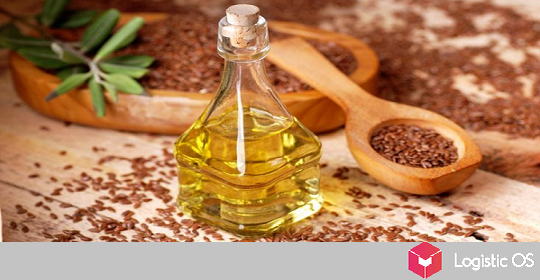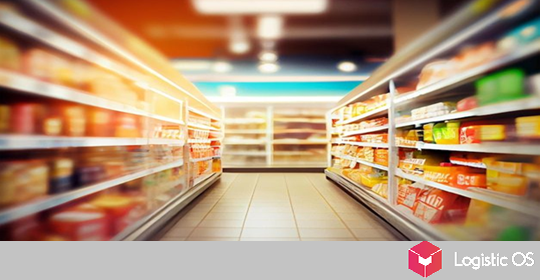The government may impose quotas on the import of such funds in order to stimulate the development of its own production.
The head of the Ministry of Industry and Trade of the Russian Federation, Denis Manturov, addressed the government with a recommendation to limit the import of chemical plant protection products (PPP) into Russia.
At the moment, we are not talking about blocking the supply of specific items or types of plant protection products, but about limiting the volumes quantitatively.
According to Manturov, over the next few years, nothing prevents our country from carrying out full import substitution in this area.
This will, among other things, protect against possible shocks associated with the possible withdrawal of foreign suppliers.
For example, Corteva and FMC left Russia last spring. They occupied no more than 4% of the market, so the consequences of their departure were overcome fairly quickly.
But if larger suppliers stop cooperating with Russian agricultural producers, this can cause serious problems, so it is advisable to play it safe in advance in this matter.
Will Russia have enough of its own capacities?
Salis Karakotov, general director of Schelkovo Agrokhim, believes that they are quite enough. The volume of the domestic plant protection products market today is about 215 thousand tons, while the share of imports reaches 45%.
However, 15 years ago, the dependence on foreign supplies in this area reached 70%, so we can say that the Russian Federation is quickly pursuing import substitution, but now this process should be further accelerated.
In the next few years, Russia’s need for plant protection products will be about 300,000 tons per year, and the production capacity will be at the level of 350,000 tons.
Therefore, we need to strive to become an exporter, not an importer of these products.
At the moment, domestic enterprises are able to offer about 100-150 types of products that fully cover the needs of Russian farmers.
Therefore, there is confidence that in the next 3 years the problem of import substitution will be almost completely resolved.
Will it be possible to set up production of components?
As for the chemicals required for the production of PPPs, it will be more difficult to carry out import substitution in this area, and this task may take a longer time to complete.
Currently, however, supplies of such substances come mainly from friendly countries — China, India, Pakistan — so there is practically no threat of a sharp cessation of imports.

